Glocal Insight
The Homelessness Crisis Facing Refugees in Kos
The island of Kos is renowned for its food, vibrant nightlife, and sunny beaches. Sporting coastlines full of swanky hotels and airbnbs, it is no doubt a tourist paradise. But while thousands of tourists are welcomed in with open arms every year, refugees arriving on its shores face a starkly different reality. Beneath its glittering surface, Kos presents displaced people with a uniquely challenging context – one often characterised by instability, isolation, and homelessness.
Greece’s approach to displaced people has been shaped by its dependence on tourism, and as the most touristic of its hotspots*, Kos’ approach has exemplified this. The building of closed and controlled camps (CCACs), for example, was intended to boost public perceptions of the islands. A far cry from the tents and jungles that used to house refugees, the camps projected an image of improved living conditions. However, living conditions within the camp on Kos have not in fact improved. Following a huge influx of arrivals over the last year, the camp has been left incredibly overcrowded and many of our visitors in the Hub have reported a lack of food, water, and essential hygiene items. People also continue to face extreme instability, often waiting months for decisions on their asylum claims. Nonetheless, this reality remains relatively hidden. Like most CCACs, the camp is located in a remote area 15km from Kos town. Its residents, mostly without personal means of transport, must pay €5 for a round trip on the bus if they wish to visit. This is significant; removed from the town, refugees and the conditions they live in are intentionally hidden away from the tourists Kos wishes to impress.
Responding to the problem of overcrowding, refugees are given 30 days to leave the camp once a decision is made about their asylum claim. Stripped of government support and often waiting months to receive their legal documentation, this moves people from one limbo to the next; without legal documents, they cannot seek legal employment or access accommodation.
One visitor of the Hub told us,
“The first night outside of the camp for me, I just walked alone all night long. The morning came and I couldn’t find a hotel because I only had an Ausweis, not an ID”’
[Ausweis is the asylum seeker ID, rather than the Greek ID]. Many refugees on the island are consequently experiencing homelessness. Exceptions for vulnerable people are no longer being made in regards to this rule, so we are now seeing elderly, pregnant, mentally or physically unwell people, and families with young children and babies living in the streets.
Even with the right legal documents, finding work and accommodation as a refugee on Kos can be challenging. They often face difficulties due to language barriers, racism, and a general lack of knowledge about their rights. And although more jobs are becoming available as the tourist season sets in, the availability of accommodation is going down in equal measure. Many property owners raise their prices during summer and reserve accommodation only for tourists. This means that even if refugees find work, they are still being priced out of the housing market. If they find anything, conditions are often terrible. One visitor explained,
“The situation is very bad. I currently live in a place full of cockroaches and rats, and sometimes I sleep in the street. I slept twenty-five days in the street in the cold”.
As it stands, there is a complete lack of assistance from the authorities attempting to combat this crisis. In contrast, many of our visitors describe the daily harassment they face from local authorities, such as being woken up in the middle of the night, forced to move, or intimidated in an attempt to make them leave:
“My family and I went looking for a place to sleep. We found a tent in the street. We slept until the morning. The police came and told us to go to Athens”.
The experience of homelessness has detrimental impacts on mental and physical health. Many reports from the community highlight a rise in disease and infection, and some emphasise their fear of being robbed or attacked in the night:
“My family and I could not sleep because I was afraid from thieves or anyone attacking us. I swear to God, while we were sleeping in the street, it rained on us and it was cold. If we do not find a house, we will die in the street.”
Often feeling locked out of local society, homelessness also makes integration in this context almost impossible. Rather than being viewed as assets that can contribute to the local economy, local perceptions of refugees deteriorate and they are stigmatised as a problem.
Against all odds, the community continues to show their strength in resilience. Those who manage to find accommodation often open their doors to those who haven’t been so lucky, and the food provided through our Free Shop is often pooled together to cook community meals.
Our Hub has played an important role in providing a space where these networks can be built and nurtured. It connects people in need with their peers who benefit from a more stable situation, while also providing a space where people can forget about their daily struggle. Day-to-day, it is the only place on the island where people can use the facilities freely during the week. This includes basic things such as being able to use the bathroom, a place to charge their phone, or somewhere to leave their personal belongings. People who don’t have anywhere to go, especially during colder days, enjoy getting warm with a cup of tea and resting on the sofa. Through our Help Desk, we try to look for accommodation, and where possible we provide translations of housing advertisements. Additionally, we have provided sleeping bags to those in emergency situations when resources allow.
At Glocal Roots, we advocate for dignified housing solutions for people on the move. Just as prison-like facilities are not the answer to accommodate asylum seekers, the lack of support for recognised beneficiaries of international protection is also a current crisis that needs to be addressed by the authorities. While we wait for measures to be taken, we are committed to support the community as best we can. Every human being should be treated with care, dignity, and compassion, no matter where they come from. These words from our community emphasise the heart of this issue:
“I want to bring my children from Gaza to live in Germany, Norway, Italy. Which country can provide us with a peaceful life? We do not want to face problems. I do not wish problems for anyone. I wish happiness for the whole world. […] This is not the life that people should live.”
*Hotspots are entry points of the EU where asylum seekers and migrants are identified and registered.



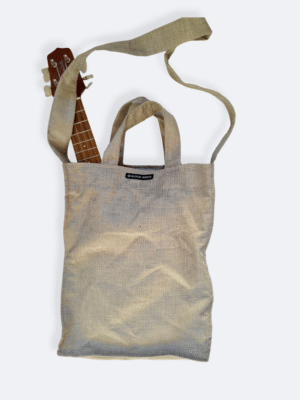
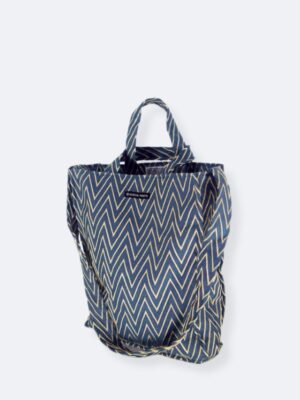
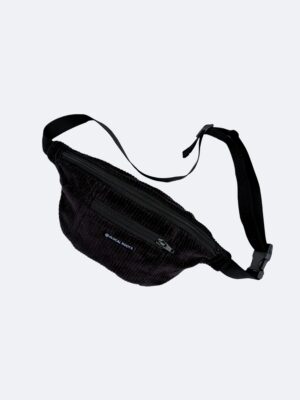
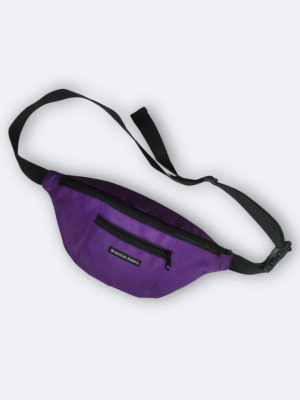
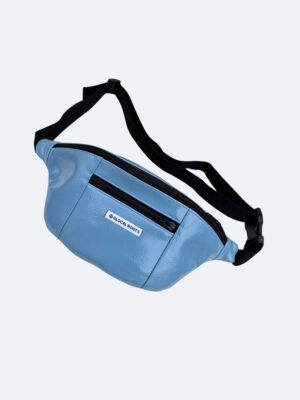
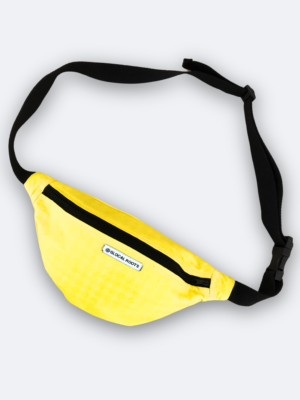
This Post Has One Comment
Many thanks for your blog. I’m visiting Kos now and would like to visit one of the hotpots in Kos.